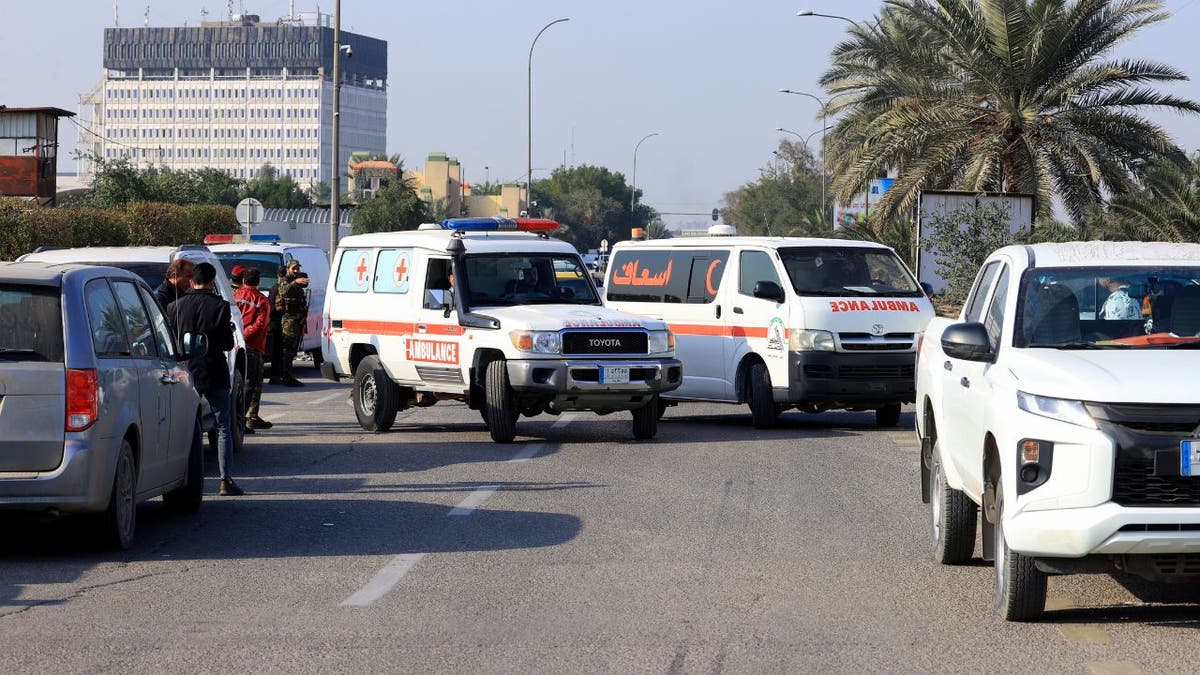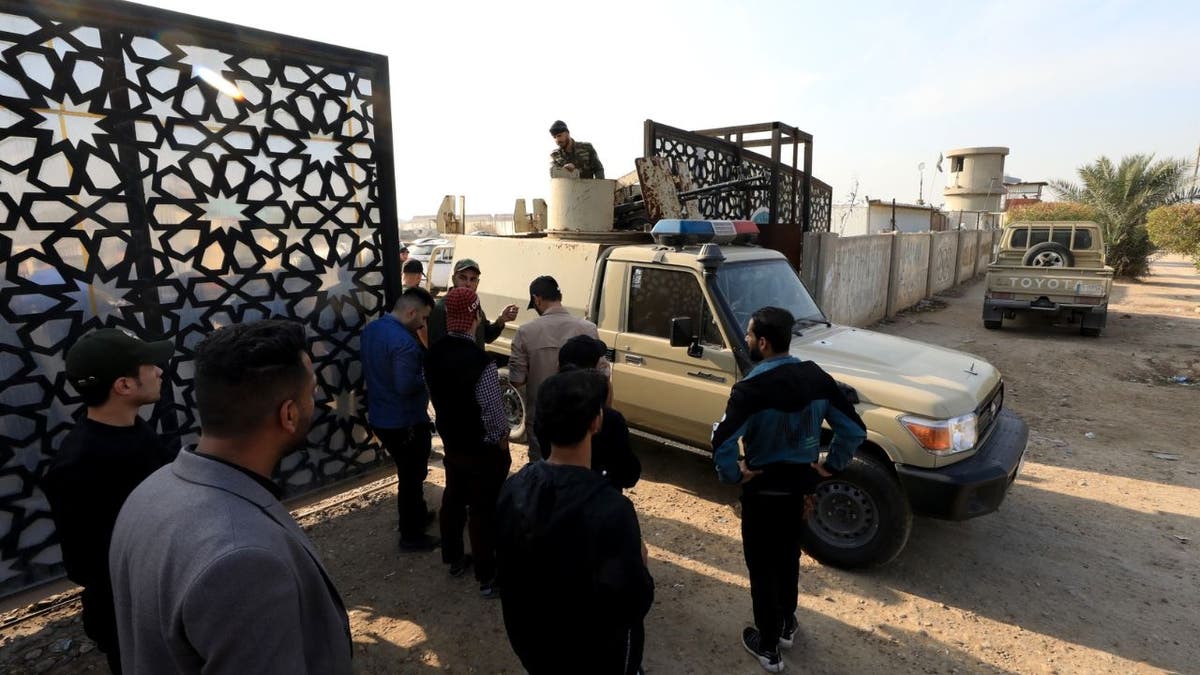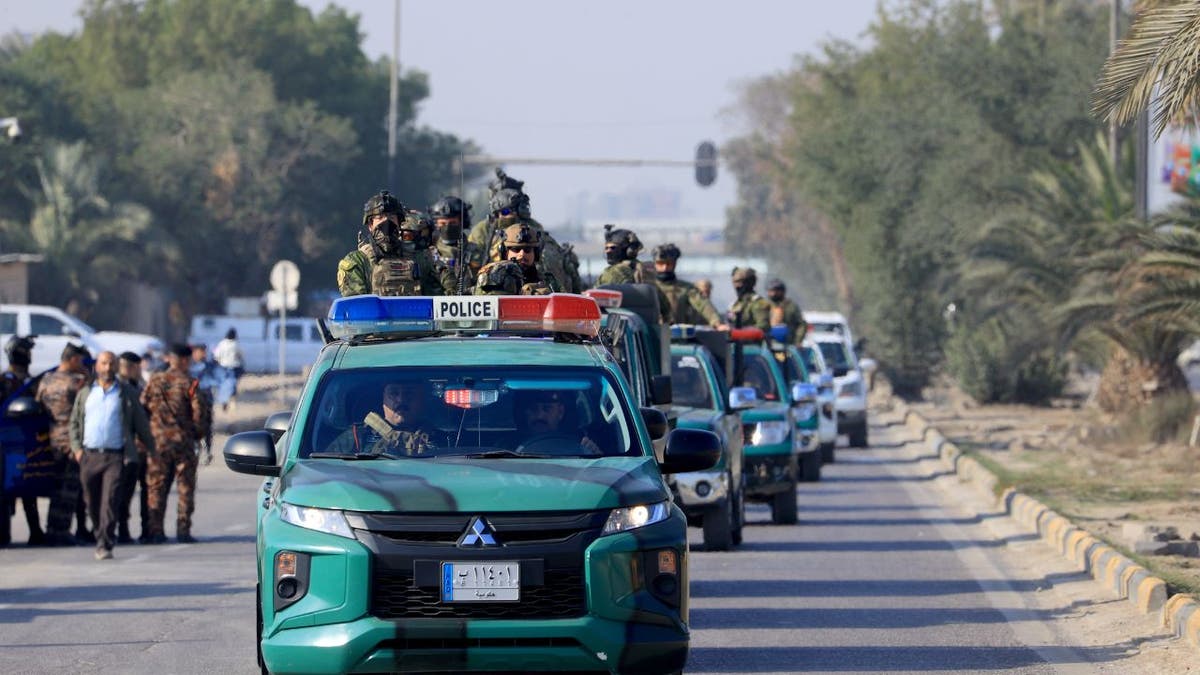
On January 4th, 2024, the United States conducted a precision strike on an Iraqi militia leader in Baghdad. The target was believed to be carrying weapons at the time of the strike and it is still being determined if he was killed or not through a battle damage assessment. Harakat al-Nujaba is an Iranian proxy operating in Iraq and Syria that has been targeted by US forces before, with attacks on Erbil Air Base resulting in injuries to three US service members. The attack comes after at least 118 attacks on US and coalition forces since October 2020, including regular attacks by Iran-backed Houthi forces in Yemen against commercial shipping vessels in the Red Sea. Despite ongoing tensions, the US has said it does not want to see a broader conflict spill into the region.





